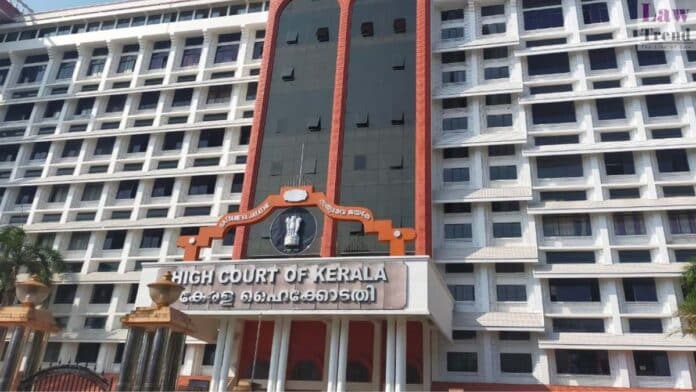The Kerala High Court has pointed to human apathy and greed as significant factors behind the catastrophic landslides in Wayanad district, which resulted in over 200 fatalities. The court emphasized the ignored “warning signs” amidst Kerala’s drive towards economic prosperity which contributed to these natural calamities.
During a hearing of a public interest litigation (PIL) initiated by the court itself following the July 30 event, which obliterated three villages, Justices A K Jayasankaran Nambiar and Syam Kumar V M expressed concerns over repeated natural disasters, including those in 2018 and 2019, and the recent landslides. They underscored the urgency of remedial action to avert further tragedies.
The bench is set to review state policies on the exploitation of natural resources, environmental preservation, and sustainable development. This initiative stems from the court’s need to intervene and guide the state towards more ecologically sensitive governance.
The court has outlined a three-stage approach to achieve this. The first stage focuses on gathering scientific data to identify and notify ecologically sensitive areas district-wise. The subsequent stages involve collecting data on the composition of regulatory agencies and soliciting community input from residents in these areas to reshape state policies concerning infrastructure, tourism, and resource management.
Also Read
Further, the bench has directed the central and state governments to file affidavits detailing their compliance with the Disaster Management Act (DMA) 2005, including the constitution of advisory committees and the implementation of disaster management plans.




